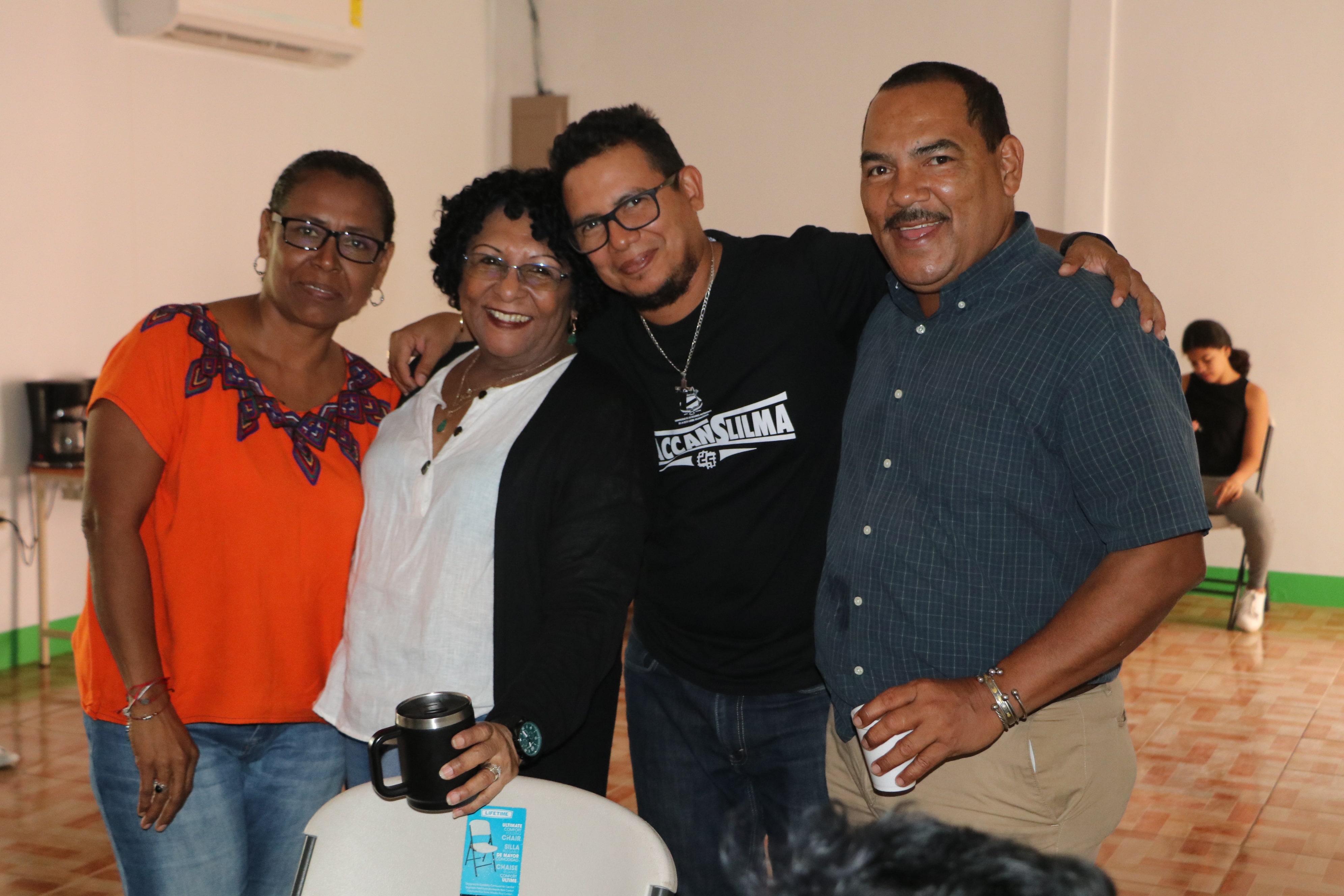
Knowing the PhD's journey in Intercultural Studies
By: Juan Polanco Hernández
Within the framework of the Doctoral Workshop: International Curriculum Adequacy of the Doctoral Programme in Intercultural Studies, as part of the NORHED project "RUIICAY-HIOA Program for Linking in Intercultural Communication", sponsored by the Norwegian Agency for Development Cooperation (NORAD) participants shared their visions and experiences of the first doctorate promoted and taught by URACCAN.
In this regard, specific presentations were developed, given by Dr. Maribel Duriez, guest member of the academic committee and professor of the PhD in Intercultural Studies of URACCAN, teacher Letisia Castillo, general academic director of URACCAN and PhD. William Flores, URACCAN External Cooperation Program Officer; doctoral program walks and evaluations of this first cut.
From her perspective, Dr. Duriez shared the quality processes and indicators for an international doctoral program and the transformations of Higher Education programs, emphasizing the importance of the initiative of a phD of her own at URACCAN.
Opening the way through commitment and effort
For her part, the rector of URACCAN, Dr. Alta Hooker, referred to the commitment that PhD students, forerunners of this program, must have, "We can never forget that we are an Intercultural Community University. If URACCAN doesn't have doctors, we're not going to be able to compete on an equal footing, so we have to work to strengthen this process and get things right, being proud of what we do," he said.
In addition, teacher Letisia Castillo, from academic experience, described the processes and moments lived in the formation and execution of the doctorate, "We know that we have many challenges and challenges, this is our first experience and we thank everyone for sharing their perspectives to strengthen this path," she said.
Unlearn to learn interculturality
"We are fruits of this first experience and I think it will be unforgettable for us. For us, the change in perception of students in interculturality was a fundamental achievement," said teacher Berna Dixon, director of the Center for Multi-Ethnic Women's Studies and Information (CEIMM-URACCAN) and student of this PhD.
For her part, the teacher Marcia Mandepora, a PhD student, expressed her happiness and shared her learnings, "I feel very grateful and privileged and I think we have to give much more time and value to this program of intercultural studies," she added.
Finally, Tania Rossman, URACCAN's External Cooperation Program Officer, mentioned that "This doctorate has made us rethink things and make us less discursive about the issue of interculturality, questioning and questioning us to learn and externalize topics that we did not handle," he concluded.
- Log in to post comments
- 31 views
